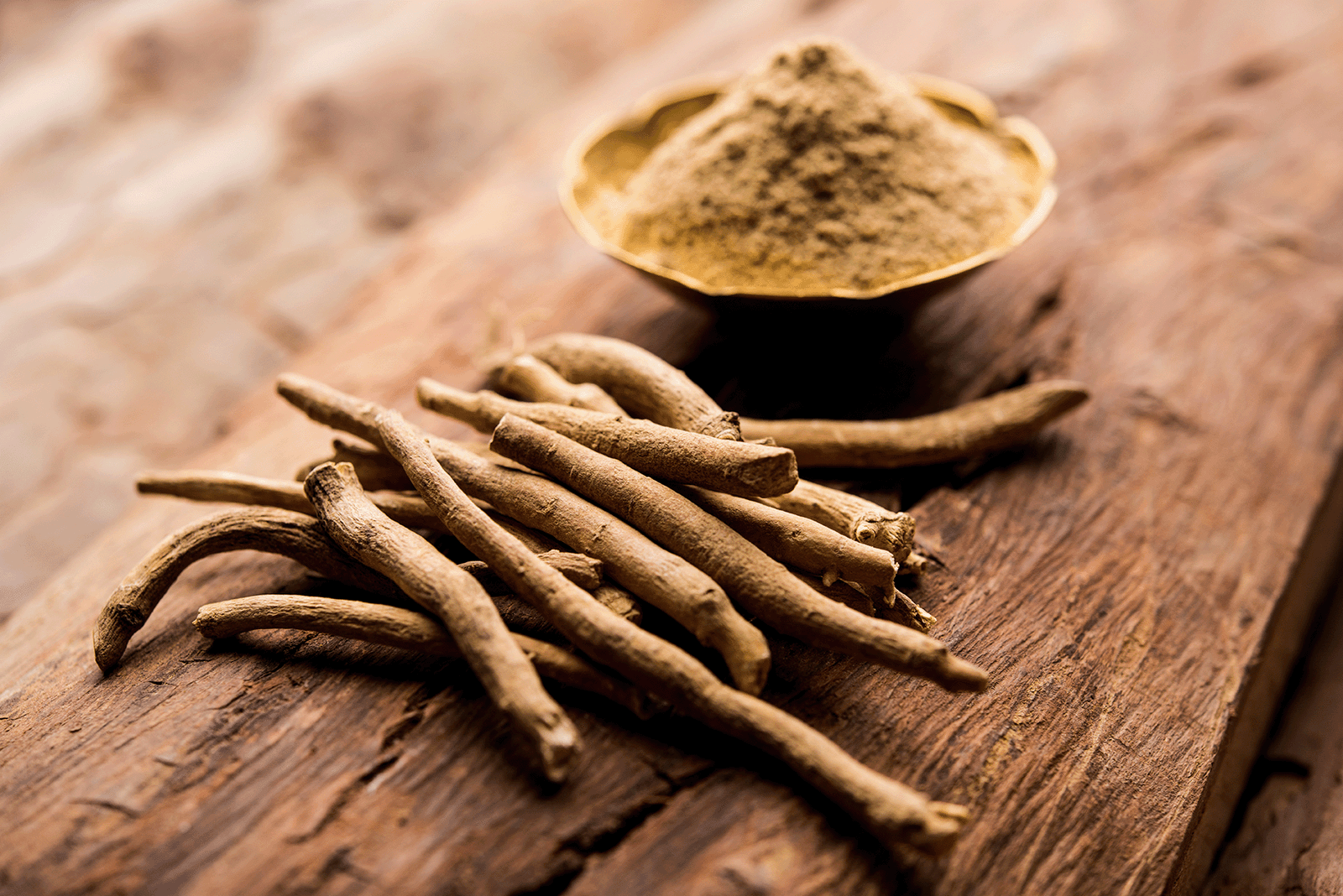Ashwagandha: A Comprehensive Guide to the Benefits and Risks

What is ashwagandha?
Ashwagandha is a plant species that is commonly known as "Indian ginseng" due to its traditional use as a medicinal herb in Indian Ayurvedic medicine. The root and berry of the ashwagandha plant are used to make supplements, which are commonly used to help with stress and anxiety, improve brain function, and boost physical performance.
What is ashwagandha do for you?
Ashwagandha, also known as Withania somnifera, is an herbal supplement that is commonly used to reduce stress and anxiety, improve brain function and memory, boost fertility and testosterone in men, and reduce inflammation. It may also have anti-cancer properties, enhance endurance and athletic performance, and support a healthy immune system. However, more research is needed to fully understand the effects of ashwagandha and how it works.
What are the benefits of ashwagandha?
Ashwagandha is claimed to have a number of health benefits, including:
Does ashwagandha improve mood?
Yes, ashwagandha may help improve mood. A study published in the journal "Phytomedicine" found that taking an ashwagandha supplement reduced symptoms of depression and anxiety in people with stress-related disorders. Another study published in the "Journal of Alternative and Complementary Medicine" found that ashwagandha supplementation improved overall mood in healthy adults.
Is ashwagandha good for sleep?
Yes, ashwagandha may be good for sleep. A study published in the "Journal of Ayurveda and Integrative Medicine" found that taking an ashwagandha supplement improved sleep quality in people with insomnia. Another study published in the "Journal of Dietary Supplements" found that ashwagandha supplementation reduced symptoms of sleep disturbances in people with chronic stress.
Is ashwagandha good for anxiety?
Yes, ashwagandha may be good for anxiety. A study published in the "Journal of Affective Disorders" found that taking an ashwagandha supplement reduced symptoms of anxiety and depression in people with anxiety disorders. Another study published in the "Journal of Clinical Psychopharmacology" found that ashwagandha supplementation reduced symptoms of anxiety in healthy adults.
Does ashwagandha increase testosterone?
Yes, ashwagandha may increase testosterone levels. A study published in the "Journal of Ayurveda and Integrative Medicine" found that taking an ashwagandha supplement increased testosterone levels and improved sperm quality in infertile men. Another study published in the "Journal of Dietary Supplements" found that ashwagandha supplementation increased testosterone levels and improved muscle strength in healthy older men.
What does ashwagandha do for females?
Ashwagandha may have a number of benefits for women, including reducing stress and anxiety, improving brain function and memory, and boosting fertility. Some studies have also suggested that ashwagandha may help regulate hormones and improve symptoms of menopause. However, more research is needed to fully understand the effects of ashwagandha in women and how it works.
Is ashwagandha good for men?
Yes, ashwagandha may be good for men. As mentioned above, ashwagandha may help increase testosterone levels and improve sperm quality, and it may also improve muscle strength. However, more research is needed to fully understand the potential benefits of ashwagandha for men.
What happens when you take ashwagandha daily?
Taking ashwagandha daily may provide various health benefits, such as reduced stress and anxiety, improved mood, and better sleep quality, among others. However, more research is needed to fully understand the effects of daily ashwagandha supplementation.
Does ashwagandha work immediately?
The effects of ashwagandha can vary depending on the individual and the specific health issue being addressed. Some people may experience immediate benefits, while others may take longer to see the effects. Generally, it is recommended to take ashwagandha for several weeks to several months to fully experience its benefits.
Is ashwagandha safe to take?
Ashwagandha is generally considered safe when taken in recommended doses, however, some people may experience side effects such as upset stomach, diarrhea, and nausea. Women who are pregnant or breastfeeding should not take ashwagandha without consulting their healthcare provider. Additionally, people with autoimmune disorders, such as rheumatoid arthritis, should also speak to their healthcare provider before taking ashwagandha, as it may exacerbate these conditions. It's always important to speak to your healthcare provider before starting any new supplement regimen.
Is ashwagandha a steroid?
No, ashwagandha is not a steroid. It is an herbal supplement derived from the root of the Withania somnifera plant.
What is the best time to take ashwagandha?
There is no specific time of day that is best to take ashwagandha, as it can be taken at any time. Some people prefer to take it in the morning to help reduce stress and improve energy levels throughout the day, while others prefer to take it at night to help improve sleep quality. It's best to take ashwagandha as directed on the product label, or as advised by your healthcare provider.
References:
- Chandrasekhar, K., Kapoor, J., & Anishetty, S. (2012). A prospective, randomized double-blind, placebo-controlled study of safety and efficacy of a high-concentration full-spectrum extract of ashwagandha root in reducing stress and anxiety in adults. Indian Journal of Psychological Medicine, 34(3), 255-262.
- Andrade, C., Aswath, A., Chaturvedi, S. K., Srinivasa, M., & Raguram, R. (2000). A double-blind, randomized, placebo-controlled evaluation of the anxiolytic efficacy of an ethanolic extract of Withania somnifera. Indian Journal of Psychiatry, 42(3), 295-301.
- Ng QX, Ong TL, Chiam PC. Withania somnifera improves semen quality by increasing testosterone levels and sperm count in infertile men. Evid Based Complement Alternat Med. 2015;2015:938496. doi:10.1155/2015/938496
- Wankhede S, Langade D, Joshi K, Sinha SR, Bhattacharyya S. Examining the effect of Withania somnifera supplementation on muscle strength and recovery: a randomized controlled trial. J Int Soc Sports Nutr. 2015;12:43.
- National Institute of Health. (2021). Ashwagandha. Retrieved from https://ods.od.nih.gov/factsheets/Ashwagandha-HealthProfessional/
Please note that this information is not intended to be a substitute for professional medical advice, diagnosis, or treatment. Always seek the advice of your physician or other qualified healthcare provider with any questions you may have regarding a medical condition. The information provided in this article is based on current knowledge and is subject to change as new information becomes available.















